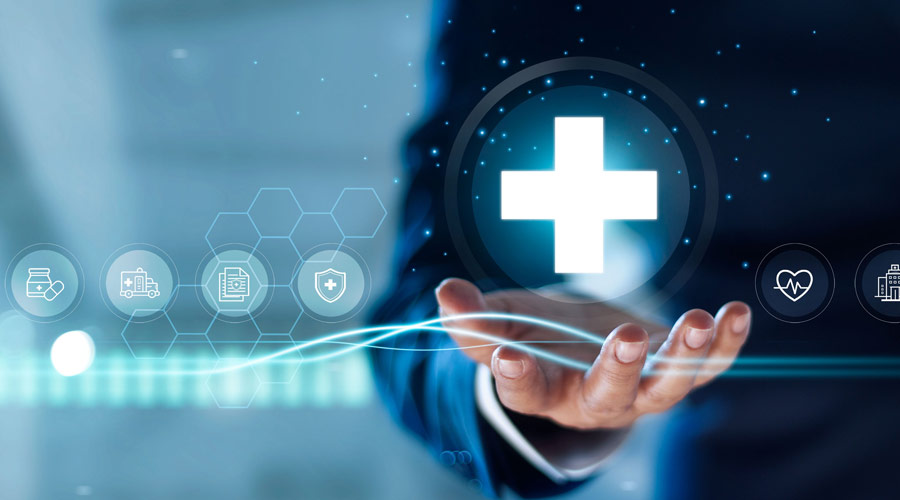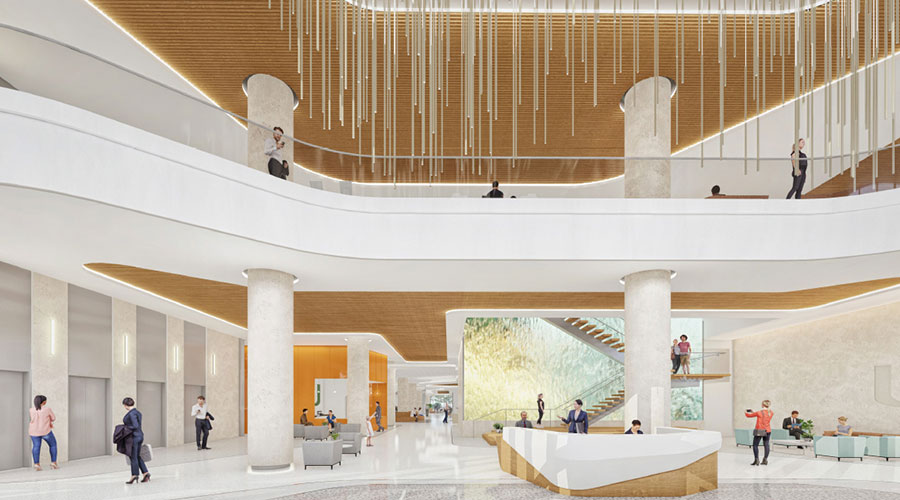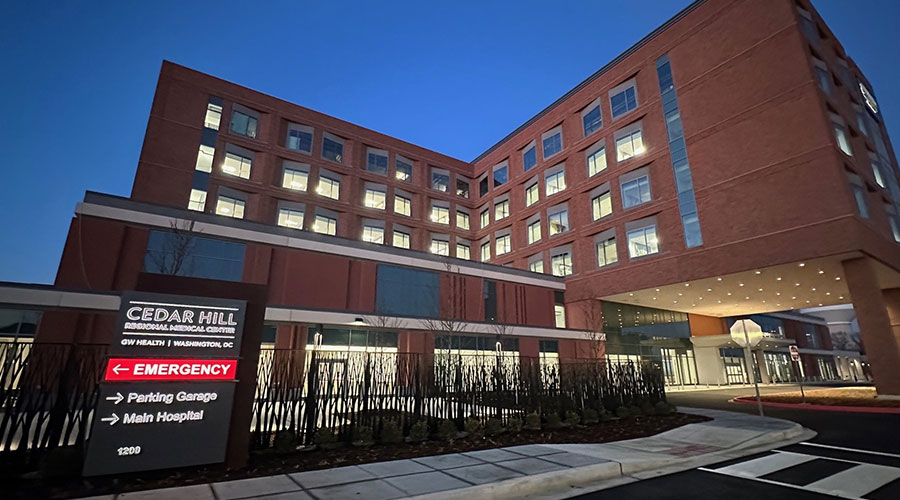Many people are apprehensive when it comes to software and technology due in part to the fear of technology replacing human workers. But in healthcare facilities, new technologies allow facility managers and technicians to perform daily tasks more easily and with less strain. Technology also can improve patient care as more telehealth options become available. In this manufacturer roundtable, Healthcare Facilities Today talks with technology experts on ways emerging technology can improve patient care in the future.
How can new technologies impact patient care? Are there any challenges in using new technology?
“The adoption to these new technologies will be an easier transition for those that are actively using mobile and digital devices for industry-related activities. There will still be a need for human interaction at some capacity to guide and educate those users that require support. The user friendly component that comes along with these systems will need to evolve as more features are implemented.”
— Paul Cannon, Healthcare Industry Leader, SALTO Systems
“The opportunities for technology to expand and improve older care are great. We’re already seeing the value of systems, apps and services positively impact daily older adult life in the thousands we serve throughout the country. The biggest challenge, however, is that with these many technologies being implemented throughout a community, they are individual systems that create management and data challenges. ”
— Scott Moody, CEO of K4Connect
“People are living longer than ever before. This is due in large part to advances in technology and treatments. Most recently, we saw how years of research and technological advancements led to the development of lifesaving COVID-19 vaccines. Other examples in which technology and the insight gained from using that technology improved outcomes include early testing and screening for potentially life-altering illness (e.g., colon cancer), improved management of chronic diseases and conditions (e.g., diabetes, asthma), the development of biologics and even something as seemingly simple as cataract and laser surgery. And these technologies give us data and real-world evidence to better understand which treatments and products work best on specific patient populations. We can use this insight to improve the overall health of populations, as well as drive the next generation of technological innovation.”
— Jimmy Hurff, Senior Vice President, Data and Analytics, GHX
"Technology that improves the functionality of assets and reduces failure or downtime directly impacts patient safety. The building and all associated assets directly impact risk to infection (HVAC systems), viral load (plumbing/legionella), and clinical equipment operation (electrical systems). Additionally, moisture infiltration through roofs, building envelope features, and leaking pipes cause mold and increase infection risk as well. Technology that can identify, manage, and minimize these risks will continue to succeed in the healthcare vertical."
— Brian Crum, Strategic Solution Consultant, Brightly
“As a result of the pandemic, there are companies making unsubstantiated claims about the effectiveness of their solution. It’s never been more important to validate the science behind any technology you may be considering. Ask the manufacturer to provide you with multiple peer-reviewed and published studies validating the efficacy of that specific device or system in a hospital setting that proves the technology works. Anecdotes and posters are not enough. The peer-review process separates fact from fiction. If the technology hasn't been proven effective in multiple peer-reviewed studies, then it hasn't met the bar of an evidence-based solution.”
— Witt Copeland, Senior Director of Sales, Xenex Disinfection Services
Mackenna Moralez is assistant editor with Healthcare Facilities Today.

 Design Plays a Role in the Future of Healthcare
Design Plays a Role in the Future of Healthcare Cedar Hill Regional Medical Center GW Health Officially Opens
Cedar Hill Regional Medical Center GW Health Officially Opens Designing Healthcare Facilities for Pediatric and Geriatric Populations
Designing Healthcare Facilities for Pediatric and Geriatric Populations Kaiser Permanente Announces New Hospital Tower at Sunnyside Medical Center
Kaiser Permanente Announces New Hospital Tower at Sunnyside Medical Center Building Disaster Resilience Through Collaboration
Building Disaster Resilience Through Collaboration